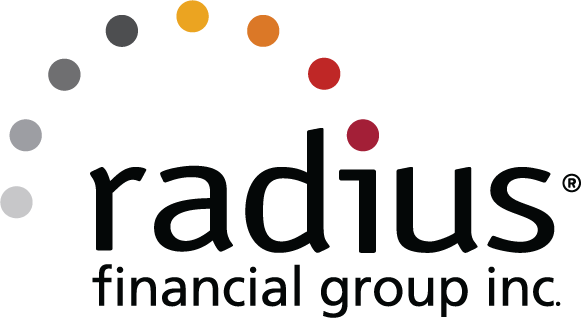Buying a first home may be more affordable than you think—once you realize that there are many ways to save in the long term, including first-time homebuyer discounts and tax credits that can significantly offset the costs.
If you’re like many first-time homebuyers, you’ve probably heard of the “first-time homebuyer tax credit,” which came out of the Housing and Economic Recovery Act of 2008. In this post, we’ll explain everything you need to know about this now-expired tax credit and others that you can take advantage of today.
What Was the First-Time Homebuyer Tax Credit?
As part of the Housing and Economic Recovery Act of 2008, the U.S. Congress created the first-time homebuyer credit. The credit was then extended through 2010 as part of the Worker, Homeownership and Business Assistance Act of 2009. The credit was originally up to $7,500, although the amount was later increased to $8,000. For first-time homeowners who purchased a home in 2008, 2009, or 2010, the credit was either gifted or came in the form of an interest-free loan.
Although the credit expired in 2010 for most buyers, there are still many options available for offsetting the cost of buying your first home.
U.S. State and District Programs for First-Time Homebuyers
In addition to federal advantages, many states have their own programs for first-time and lower-income homebuyers. According to the U.S. Department of Housing and Urban Development (HUD), a first-time homebuyer is defined as someone who hasn’t owned a home in the last three years. So, if you lost your home in the 2008 financial crisis, you might be eligible to start fresh under these programs.
The programs offered vary widely from state to state, with some states offering only modest tax credits and others offering substantial tax credits along with zero-interest loans and grant money that can help offset costs. Let’s take a look at a few states with first-time homebuyer tax credit programs.
District of Columbia
Washington, D.C., has the second-highest median home price in the country at nearly $640,000, according to data from Zillow. Fortunately, the district offers a few different programs to assist new homebuyers. Here are two programs to take advantage of in D.C.:
- The Home Purchase Assistance Program (HPAP) provides up to $84,000 of down payment and closing cost assistance to first-time homebuyers in the form of interest-free loans to qualified applicants.
- DC Open Doors is not restricted to first-time buyers, but offers mortgages at below-market interest rates and down payment assistance of up to 3.5 percent in the form of an interest-free loan.
Texas
Texas, with its plentiful land supply, has relatively affordable options, ranking in the middle in terms of median home values at around $210,000. The state also has a few different programs to make purchasing your first home even more achievable:
- My First Texas Home Loan offers low-interest mortgages, as well as down payment and closing cost assistance of up to 5 percent of the mortgage in the form of an interest-free, no-monthly-payment lien.
- The Texas Mortgage Credit Certificate (MCC) allows first-time homebuyers to recoup a portion of their mortgage interest paid as a dollar-for-dollar tax credit every year they’re paying off the mortgage on a first home. The MCC can be combined with My First Texas Home Loan to maximize benefits.
Be sure to review state credit program eligibility requirements, as many have income and property value limits, while others require you to take homebuyer counseling classes. To find information and programs specific to your state, connect with a loan officer you can trust.
Additional Deductions and Credits for First-Time Homebuyers
In addition to local tax credit programs, first-time homebuyers can also take advantage of a few other tax deductions and credits, including:
Mortgage Interest Credit
The mortgage interest credit is a tax credit of up to $2,000 available to all new homebuyers under the required income level. Taxpayers can also take advantage of the mortgage interest deduction, which allows you to deduct from your taxes any mortgage interest from mortgages of up to $750,000.
Property Taxes
You can also write off both your state and local annual property taxes on your federal taxes for the year paid. This deduction has been capped at $10,000, or $5,000 if married and filing separately, since the Tax Cuts and Jobs Act of 2017.
Energy Credits
Although not limited to first-time homebuyers, residential energy credits incentivize the installation of features such as solar panels, wind turbines, solar-powered water heaters, geothermal heat pumps, and fuel cells that rely on renewable resources. Residential energy credits are worth up to 30 percent of the purchase and installation costs.
Get Started on Your Home-Buying Journey
The more savings you discover, the more affordable your first home can be. To find out how much you can save, speak to a mortgage loan officer near you, and discover how to kick start the homebuying process.


